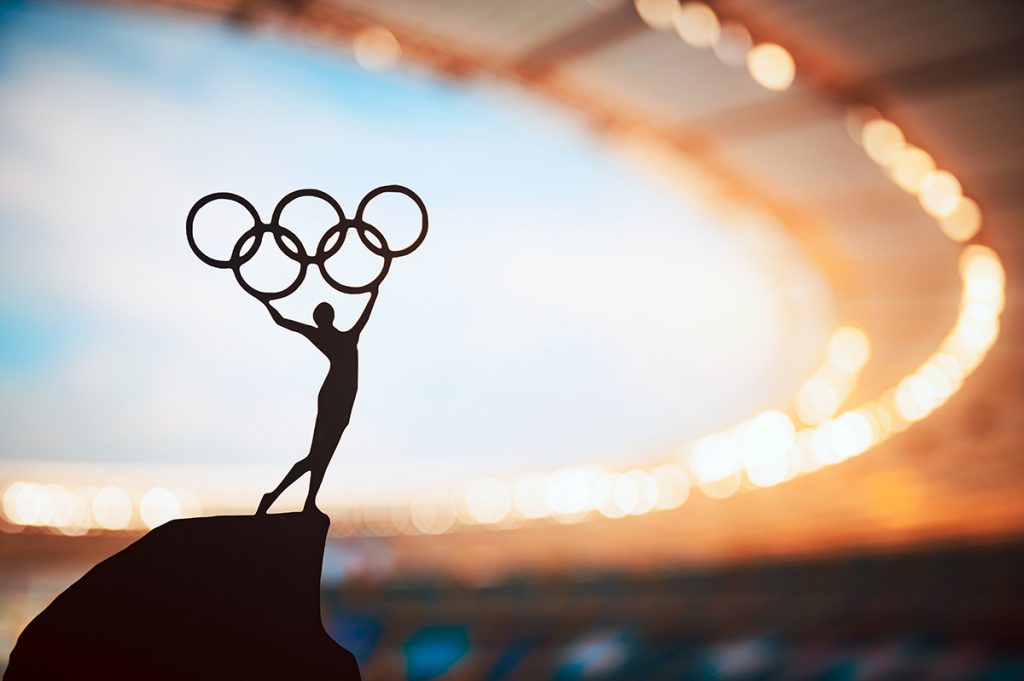As the Paris Olympics approach, the topic of mental health among athletes has gained unprecedented attention. Influential figures like Simone Biles, Naomi Osaka, and Michael Phelps have been vocal about their mental health struggles, sparking significant changes in the sports world.
Simone Biles, Naomi Osaka, and Michael Phelps have shared their experiences with mental health issues, breaking the long-standing stigma around the topic. Their openness has encouraged other athletes to seek help, marking a notable shift in attitudes. This change is evident in the preparations for the Paris Olympics, where mental health resources have been expanded significantly.
At the last Summer Games, Lydia Jacoby emerged as a breakout star for the United States, winning a gold medal in the 100-meter breaststroke and a relay silver. Reflecting on her experience, she recalls how discussions about post-Olympic depression were prevalent among athletes. Initially, she thought it didn’t apply to her. However, after the Games, she realized she was experiencing these issues and has since become more aware and open about them. This shift in attitude highlights the growing acceptance and understanding of mental health issues among athletes.
As the Paris Games open, athletes now have more access to mental health resources than ever before. This shift is notable, given that around 50% of U.S. athletes in the last two Olympics were identified with concerns like anxiety, depression, sleep disorders, eating disorders, and substance abuse. The U.S. Olympic and Paralympic Committee (USOPC) has played a pivotal role in this transformation, increasing the number of mental health providers from six to 15, with 14 set to be available in France.
Despite these advancements, some stigma around mental health persists. There is still a lingering perception that seeking help is a sign of weakness. However, the availability of resources and the willingness of athletes to use them suggest that progress is being made. Track star Gabby Thomas acknowledges that while more can be done, the existing support is a significant improvement.
The balance between caring for athletes’ mental well-being and achieving sporting success remains delicate. National Olympic committees aim to support athletes’ mental health while ensuring they perform at their best. Janet Evans, a four-time swimming gold medalist from the 1988 and 1992 Games, highlights the contrast between her era and today’s environment. She notes that there was little empathy or support for mental health issues in her time, whereas now, there is a greater recognition and understanding of these challenges.
Since the Beijing Winter Games two years ago, extra credentials have been issued for national Olympic committees to bring athlete welfare officers—registered mental health professionals or qualified safeguarding experts. This initiative will continue in Paris, with over 170 professionals from more than 90 countries set to support athletes. This approach is part of a broader effort by the International Olympic Committee (IOC) to address mental health issues among athletes.
In addition to increased personnel, the Paris Games will feature a 24/7 helpline with mental health counselors who speak over 70 languages. This program, initiated for the Beijing Games, will now be available to all Olympians and Paralympians until four years after the event. Furthermore, AI technology will be used to monitor athletes’ social media for cyberbullying, and a “mind zone” in the athletes’ village will provide a space for yoga, relaxation, and mental decompression.
The USOPC’s initiatives have already garnered substantial participation from athletes. Last year, 1,300 Team USA athletes attended over 6,000 therapy sessions. With the Paris Games approaching, these figures are anticipated to increase, particularly during a Games year.
The emphasis on mental health at the Paris Olympics represents a pivotal moment in sports. The willingness of athletes to discuss their struggles and seek help, combined with the increased availability of resources, signifies a cultural shift. As the global sporting community gathers in Paris, the focus on mental well-being alongside physical performance sets a new standard for future competitions.


